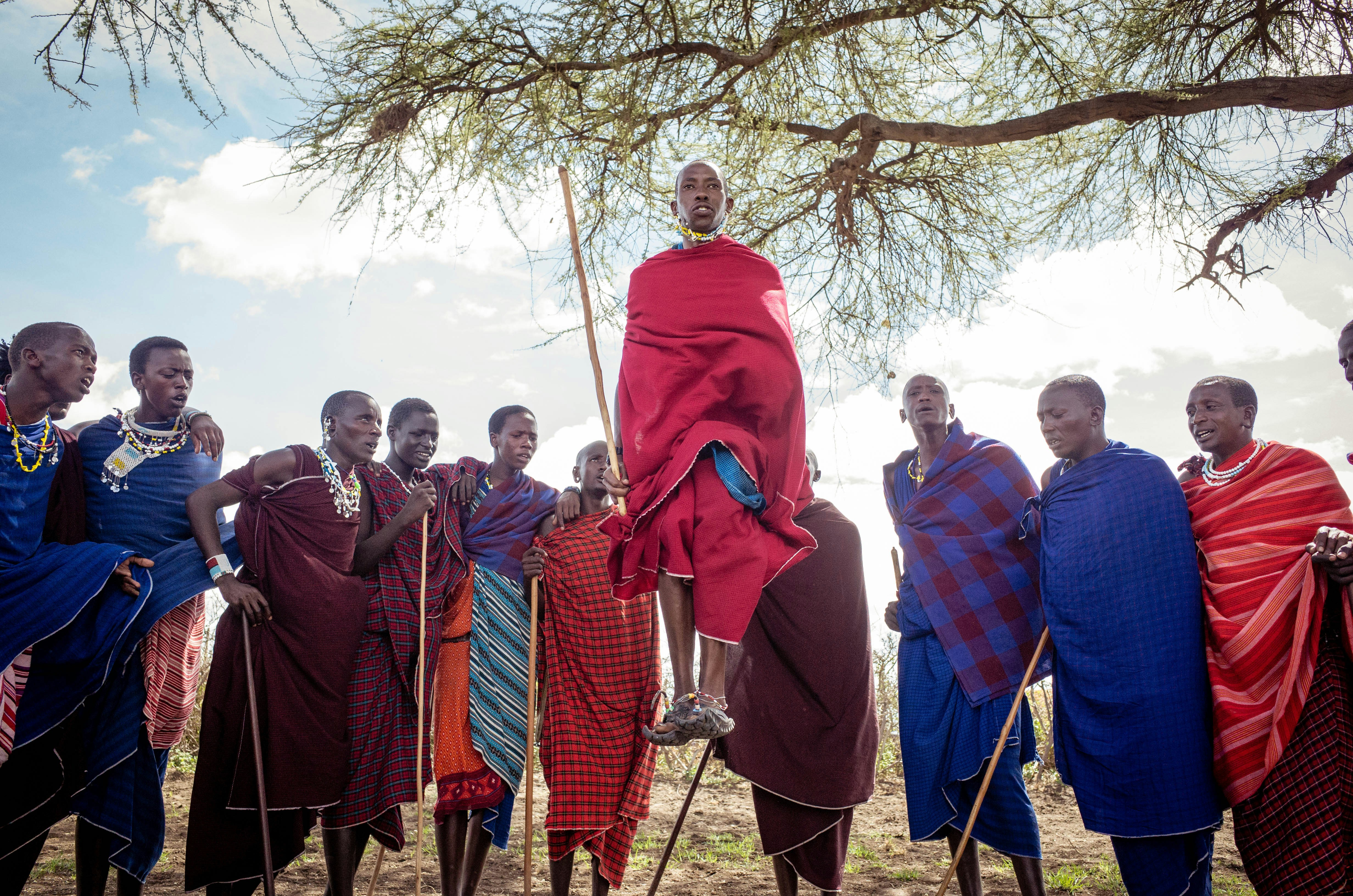
Travel Advice
A Nation of Rich & Diverse Cultures
Tanzania is a vibrant mosaic of over 120 ethnic groups, each with unique traditions. United by the Swahili language and a famously warm spirit, its people are the heart of every journey.

Travel Advice
Tanzania is a vibrant mosaic of over 120 ethnic groups, each with unique traditions. United by the Swahili language and a famously warm spirit, its people are the heart of every journey.
While the iconic, red-robed Maasai are the most famous, they are just one of over 120 distinct ethnic groups in Tanzania. From the hunter-gatherer Hadzabe to the Chagga people of Kilimanjaro's slopes, each group contributes to the nation's rich identity. What unites them is a shared sense of national pride and the universal warmth of Tanzanian hospitality.
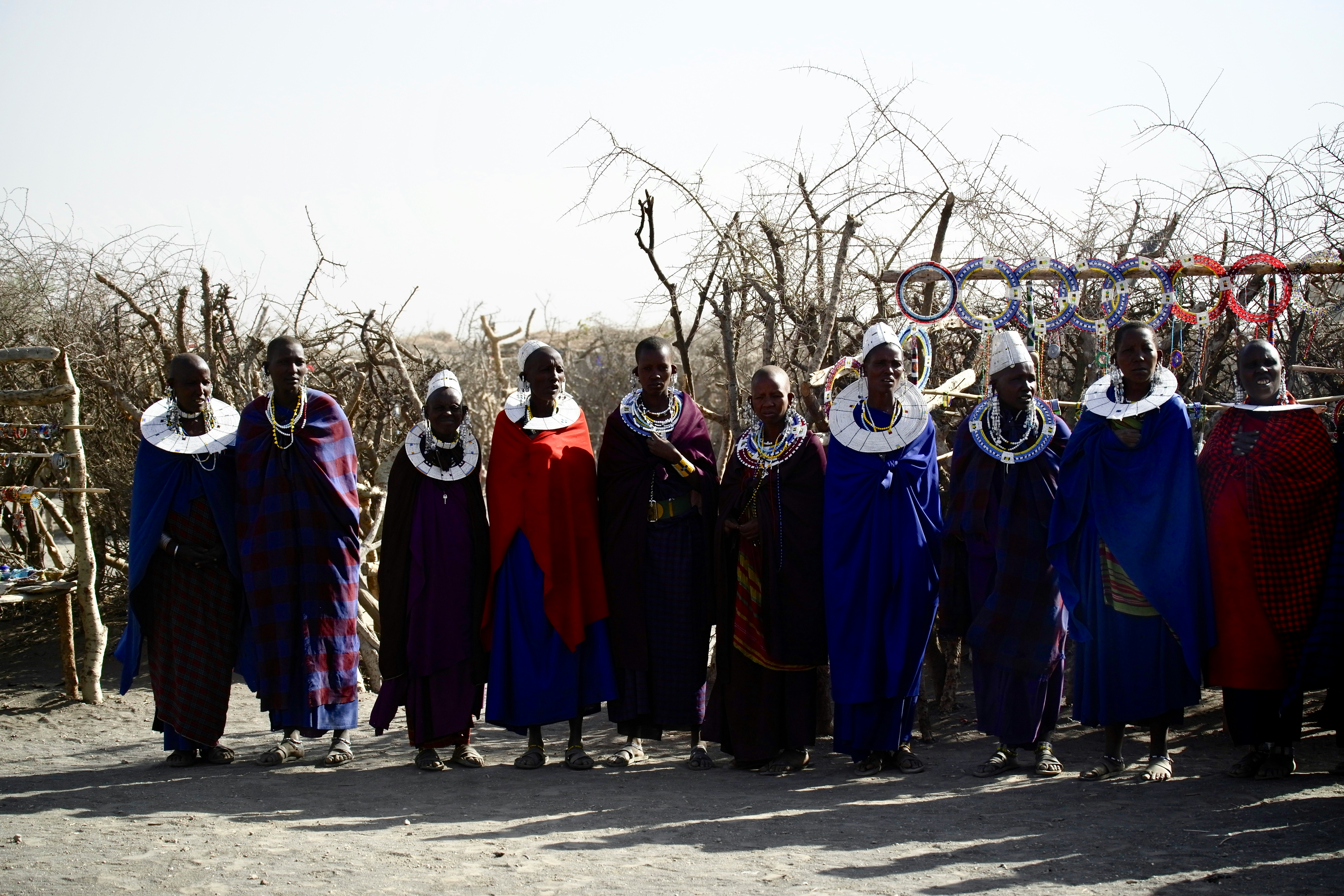
Semi-nomadic pastoralists known for their fierce warrior traditions, vibrant clothing, and intricate beadwork. Their culture is deeply connected to their cattle and the lands of the Serengeti and Ngorongoro.
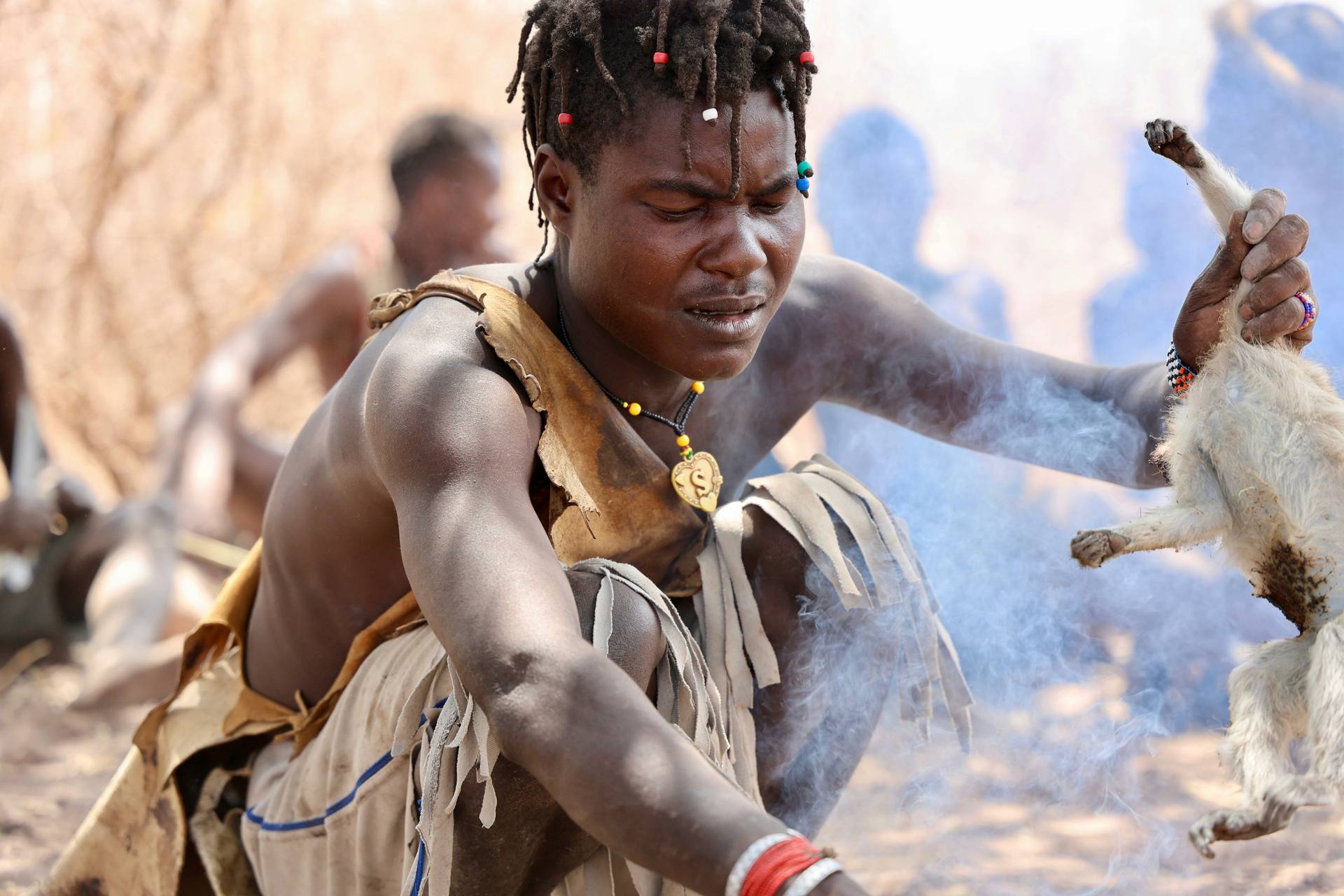
One of the last remaining hunter-gatherer tribes in the world, living in the Lake Eyasi basin. They speak a unique click language and offer a profound connection to ancient human lifestyles.
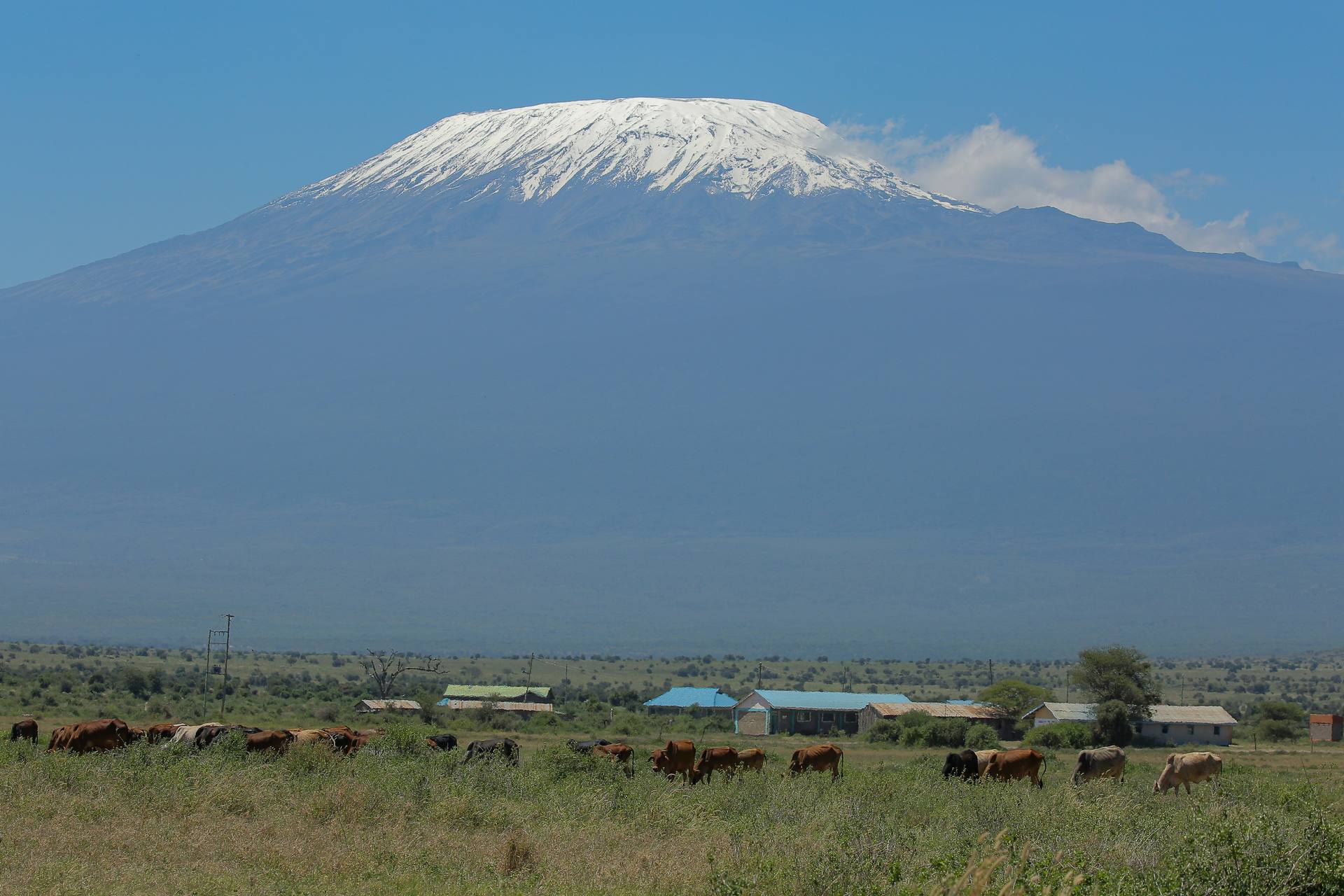
Agriculturalists who have thrived for centuries on the fertile slopes of Mount Kilimanjaro. They are known for their sophisticated irrigation systems and for cultivating the world-renowned Arabica coffee.
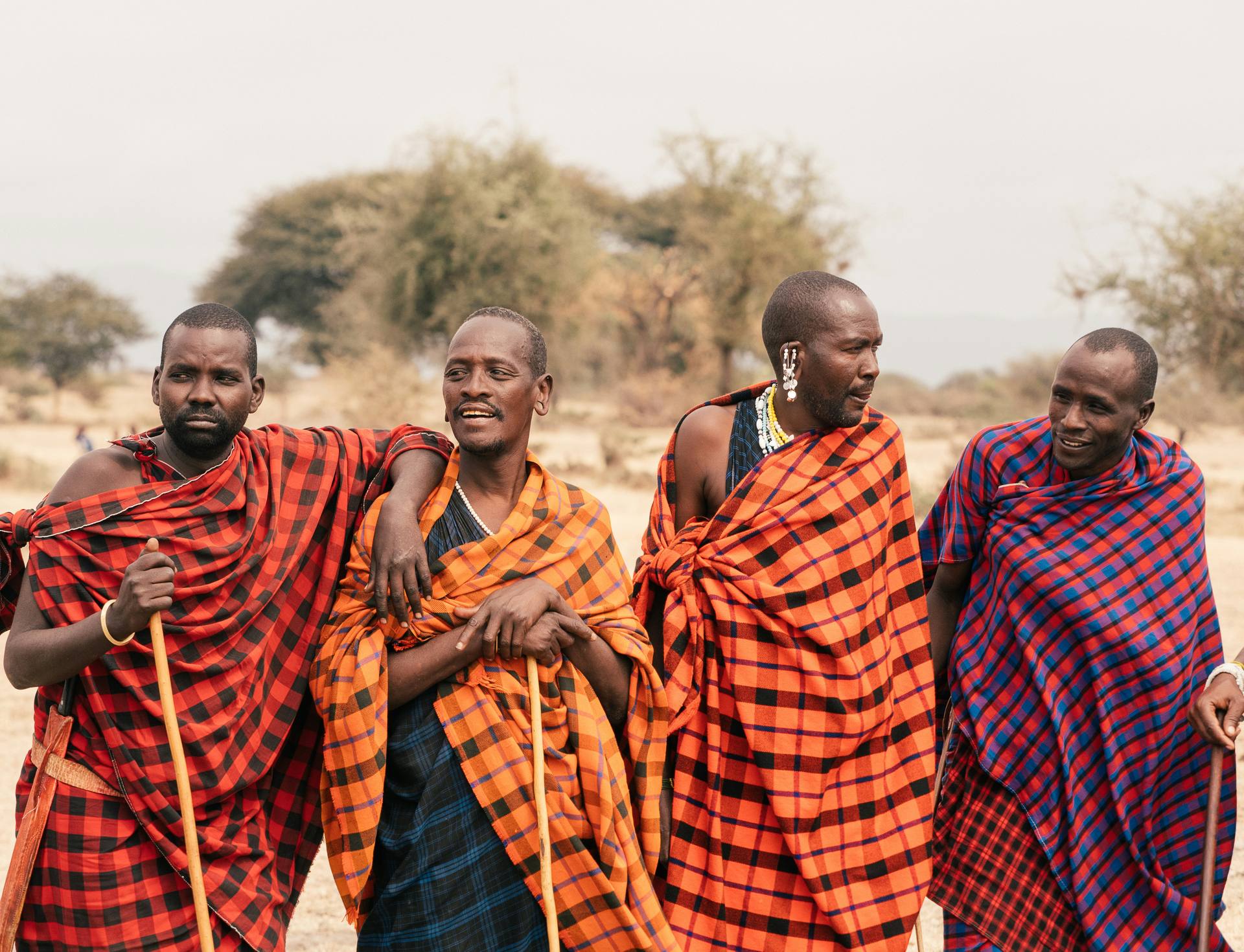
While English is widely spoken in tourist areas, learning a few words of Swahili (Kiswahili) will be warmly received. It is the national language that unites all tribes.
Greetings are important and often extended. A simple "Jambo" (hello) or "Habari?" (how are you?) opens doors. When addressing elders, using "Shikamoo" is a sign of great respect.
Modest dress is appreciated, especially in villages and on Zanzibar. Covering shoulders and knees is a simple way to show respect for local customs.
Tanzanian cuisine is hearty, flavorful, and diverse. Inland, staples include grilled meats (nyama choma) and ugali (a maize porridge). On the coast and Zanzibar, the influence of Arabic and Indian trade is evident in fragrant rice dishes, coconut-based curries, and an abundance of fresh seafood.
The national dish, a stiff maize porridge that is the perfect accompaniment to stews and grilled meats.
A social event as much as a meal, this is slow-grilled goat, beef, or chicken, often enjoyed with friends.
A fragrant rice dish cooked with a blend of spices like cardamom, cinnamon, and cloves, reflecting the island's history.
Don't miss the incredibly sweet mangoes, pineapples, passion fruits, and bananas that grow in abundance.